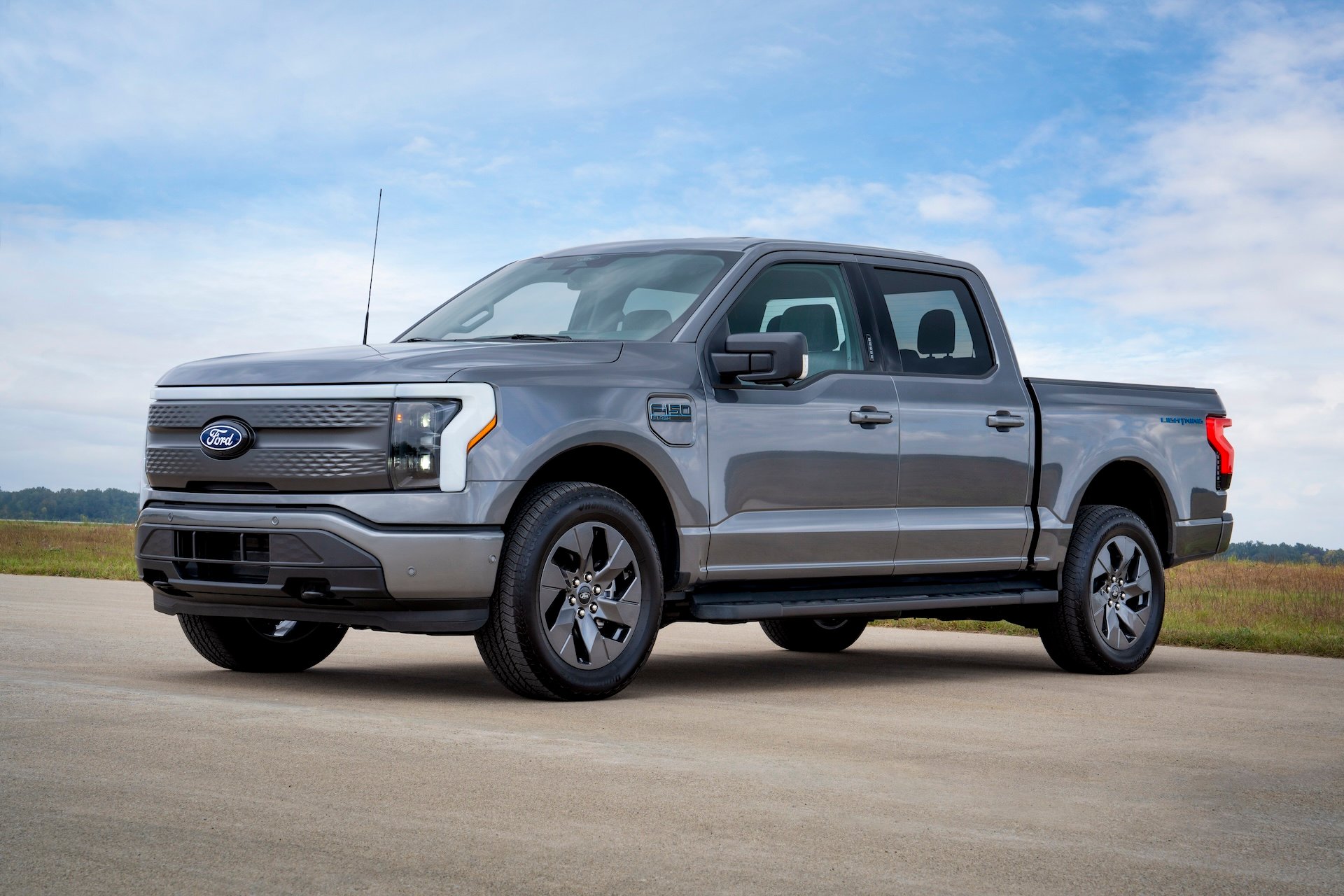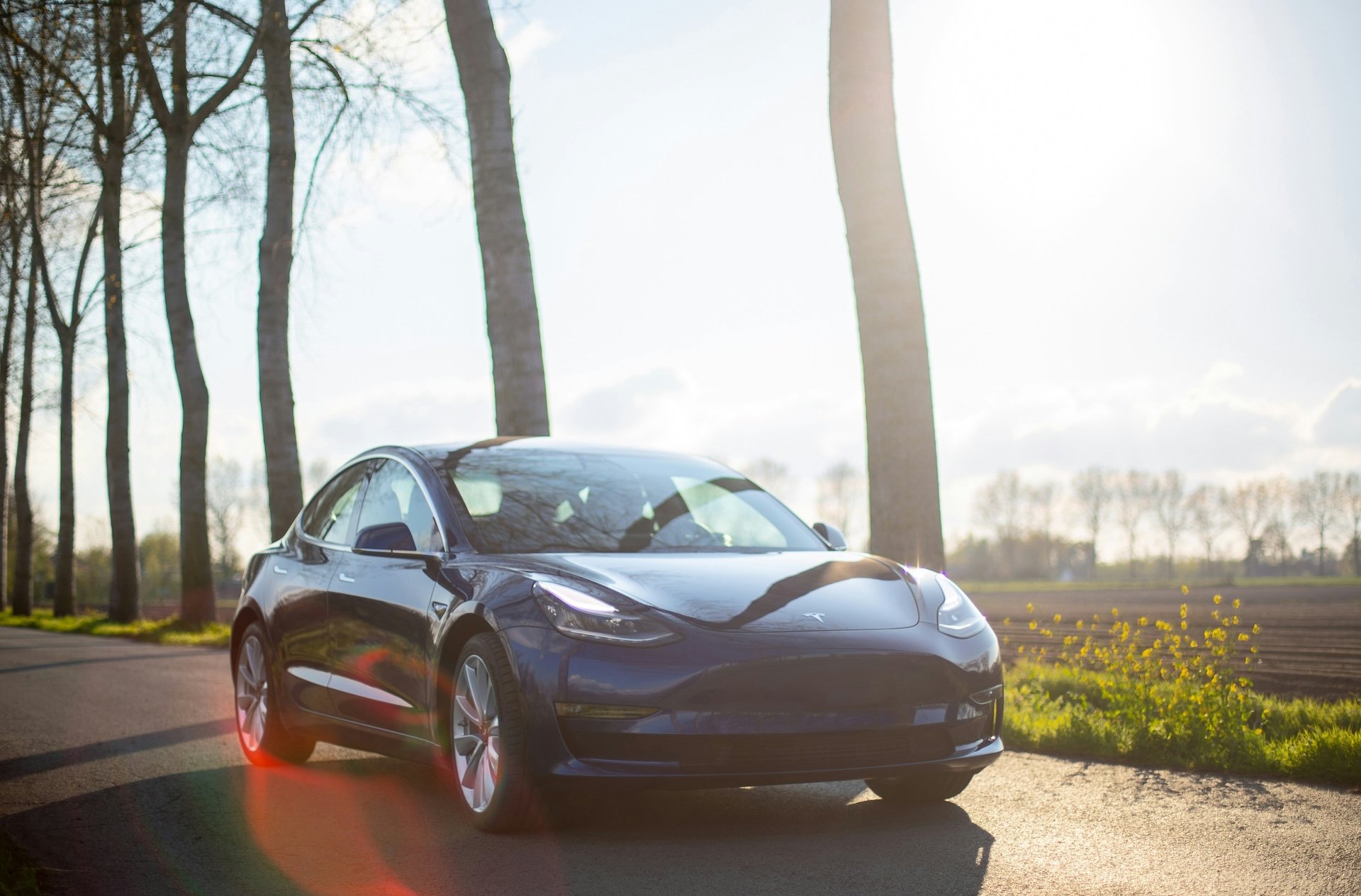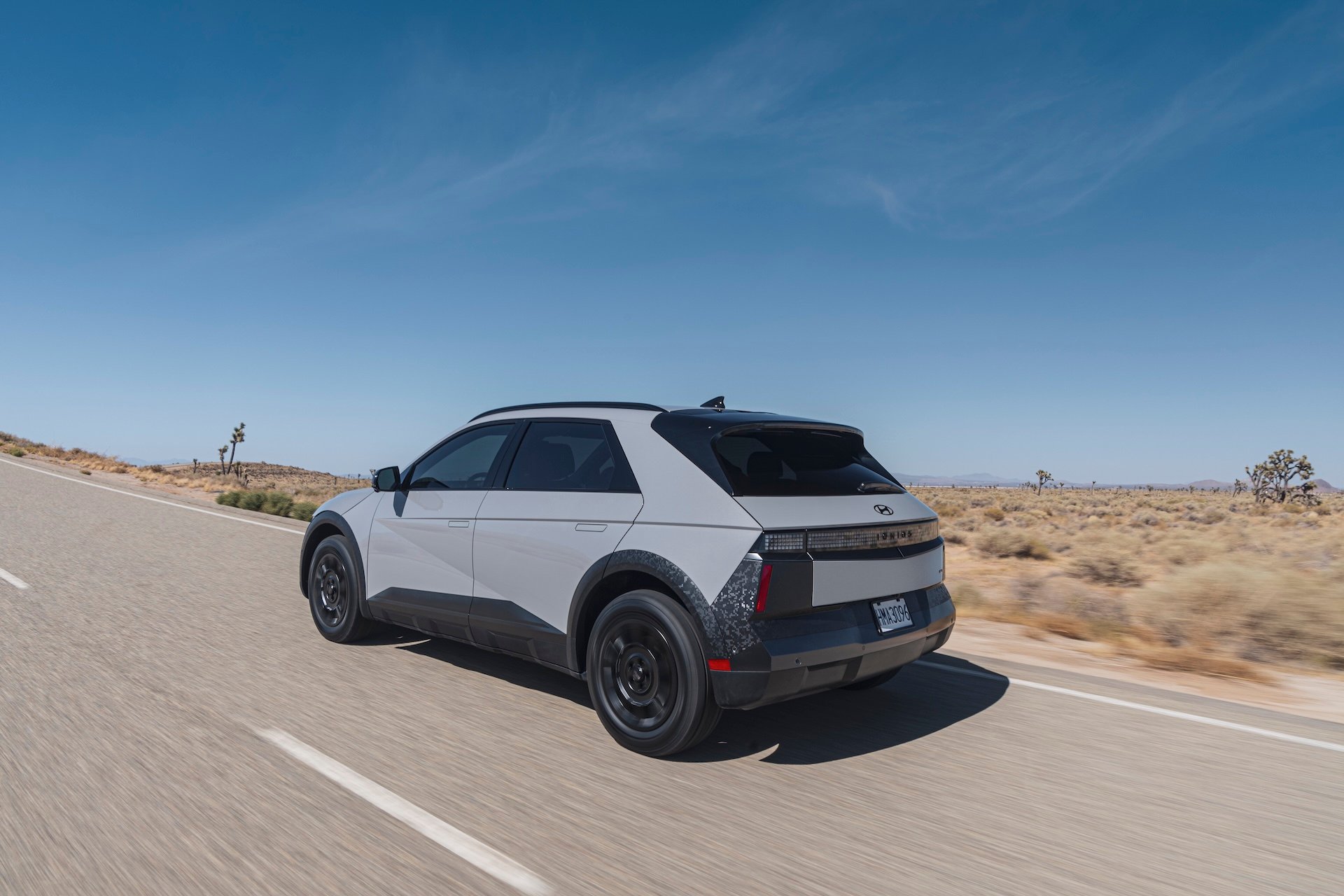Consumers considering a new vehicle have multiple options, including internal combustion engine (ICE) vehicles, hybrids, and electric vehicles (EVs). Understanding the total cost of ownership—including insurance premiums, fuel efficiency, and maintenance costs—is crucial for making an informed decision. While EVs offer lower operating costs, they often come with higher insurance premiums compared to ICE and hybrid vehicles.
Key Highlights:
- EVs may cost up to 20% more to insure than ICE vehicles
- Hybrids provide improved fuel efficiency without the need for home charging
- EVs require less routine maintenance but may have higher tire replacement costs
- Battery replacement is a significant future expense for both EVs and hybrids
- Insurance costs for EVs are higher due to purchase price and repair expenses
- Availability of trained technicians affects repair costs for EVs

Consumers have a variety of powertrain options when shopping for a new vehicle, including ICE vehicles, hybrids, and EVs. It’s important to understand the distinctions between these types, especially regarding total cost of ownership factors such as fuel or charging costs, maintenance, and insurance premiums.
Fueling and Charging Costs
Hybrid vehicles combine a gas engine with an electric motor, resulting in better fuel efficiency than traditional ICE vehicles. They switch between the two motors while driving and do not require plugging in, as their batteries recharge via the gas engine. This eliminates the need for installing home charging infrastructure or relying on public chargers.
For EVs, approximately 80% of all charging is done at home, according to the Department of Energy. Home charging is considered convenient and satisfying for EV owners, as noted by J.D. Power. There are two types of home charging solutions: Level 1 and Level 2 chargers. Consumers interested in a Level 2 charger will need to consult an electrician for installation, though some states and localities offer incentives to offset the cost. It’s important to note that satisfaction with public EV charging remains low, as reported by industry studies.
Maintenance
ICE and hybrid vehicles share several maintenance requirements that can add to ownership costs over time, such as replacing air filters and performing oil changes. Both vehicle types have similar maintenance schedules and costs. However, hybrid batteries will eventually need replacement, which can be expensive. U.S. law mandates that all hybrids come with battery warranties of at least eight years or 100,000 miles, providing peace of mind for long-term owners.
EVs lack an internal combustion engine and many moving parts, reducing the need for routine services like oil changes. This can lead to lower repair and maintenance costs compared to ICE and hybrid vehicles. However, J.D. Power reports that EV owners tend to replace tires more frequently. Like hybrids, EV batteries will also require replacement in the future, but new EVs come with generous battery warranties.

Insurance Costs
While EVs offer advantages in reduced maintenance and fueling costs, their insurance premiums may offset these savings. “EVs cost more to insure versus their ICE counterparts because they generally cost more to buy, and consequently more to repair or replace,” said Stephen Crewdson, senior director of insurance business intelligence at J.D. Power. “And while today’s EVs have fewer moving parts, it can be costly when they need replacement. If the battery pack is damaged, for example, the battery itself is a large expense and certain safety protocols are often necessary, which leads to a higher repair bill. Plus, there aren’t as many repair shops with technicians trained to work on EVs, which means these facilities can charge more for the specialized knowledge they provide.”
Chong Gao, director of product management R&D at Mercury Insurance, adds that insurance for EVs is on average 20% higher compared with an ICE vehicle and typically more expensive than for hybrids. “However, as more people adopt EVs and insurance companies gather more data in the future, their insurance costs will likely even out,” Gao said.
Making the Decision
“The best vehicle type for a particular consumer will ultimately come down to budget, lifestyle factors, and personal preference. Hybrids serve as a great bridge between ICE and EVs by offering fuel efficiency and a reduced carbon footprint for consumers who aren’t yet ready to make the leap to an EV,” said Gao.
Mercury Insurance, headquartered in Los Angeles, provides auto, homeowners, and business insurance through nearly 4,100 employees and a network of more than 6,500 independent agents in 11 states.
About Mercury Insurance
Mercury Insurance (NYSE: MCY) is a multiple-line insurance carrier offering personal auto, homeowners, and renters insurance directly to consumers and through a network of independent agents in Arizona, California, Georgia, Illinois, Nevada, New Jersey, New York, Oklahoma, Texas, and Virginia, as well as auto insurance in Florida. Mercury also writes business owners, business auto, landlord, commercial multi-peril, and mechanical protection insurance in various states.
Since 1962, Mercury has provided customers with tremendous value for their insurance dollar by pairing ultra-competitive rates with excellent customer service. Mercury has earned “A” ratings from A.M. Best and Fitch, as well as “Best Auto Insurance Company” designations from Forbes and Insure.com. For more information, visit http://www.MercuryInsurance.com.
Sign up for our popular daily email to catch all the latest EV news!


